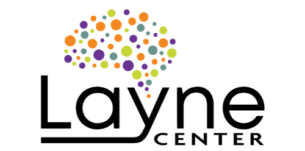Cognitive-Behavioral Therapy:
Cognitive-Behavioral Therapy (CBT) isn’t your usual talk therapy. CBT is evidence-based, and it’s structured and action-oriented. It’s powerful because it’s focused on the present, and its results are life changing and long lasting. As your cognitive-behavioral therapist, I will first listen and then serve as your teacher and coach. We’ll work together as a team all the way. Together we’ll decide how long your therapy will last, and choose an effective and cost-efficient treatment plan. We’ll select which self-help homework activities for you to try between sessions. We’ll define clear and measurable goals. These goals and your unique needs may change during the process. And that’s okay because we’ll frequently discuss your progress.
And you know what? Coping skills are better than any medicine money can buy! You’ll be armed with practical skills to identify and modify any self-defeating patterns of thought and behavior. The point of therapy is for you to feel better and to get on with your life— without the therapist. Some of my clients return at a later point for a brief “tune-up” or focus on another issue. The point is it’s all about you.
Play Therapy:
Play Therapy is a therapy technique used with children. Research continues as to how the therapist can better understand a child’s problems by watching how he or she plays. But at a minimum, the use of toys and games helps establish a non-threatening method of communication. In turn, a budding relationship is built between therapist and child. The child may then express their experiences and feelings through the very natural process of playing.
Expressive Therapy:
Expressive Therapy is an umbrella term for a variety of creative art therapy types. It’s a form of psychotherapy using creative expression techniques as a means of communication. Some common types of expressive therapy include art therapy, dance therapy, drama therapy, music therapy and writing therapy. Expressive therapy can be critical in the treatment of a wide range of difficulties or disabilities, but has proven particularly useful in treating mild depression.
